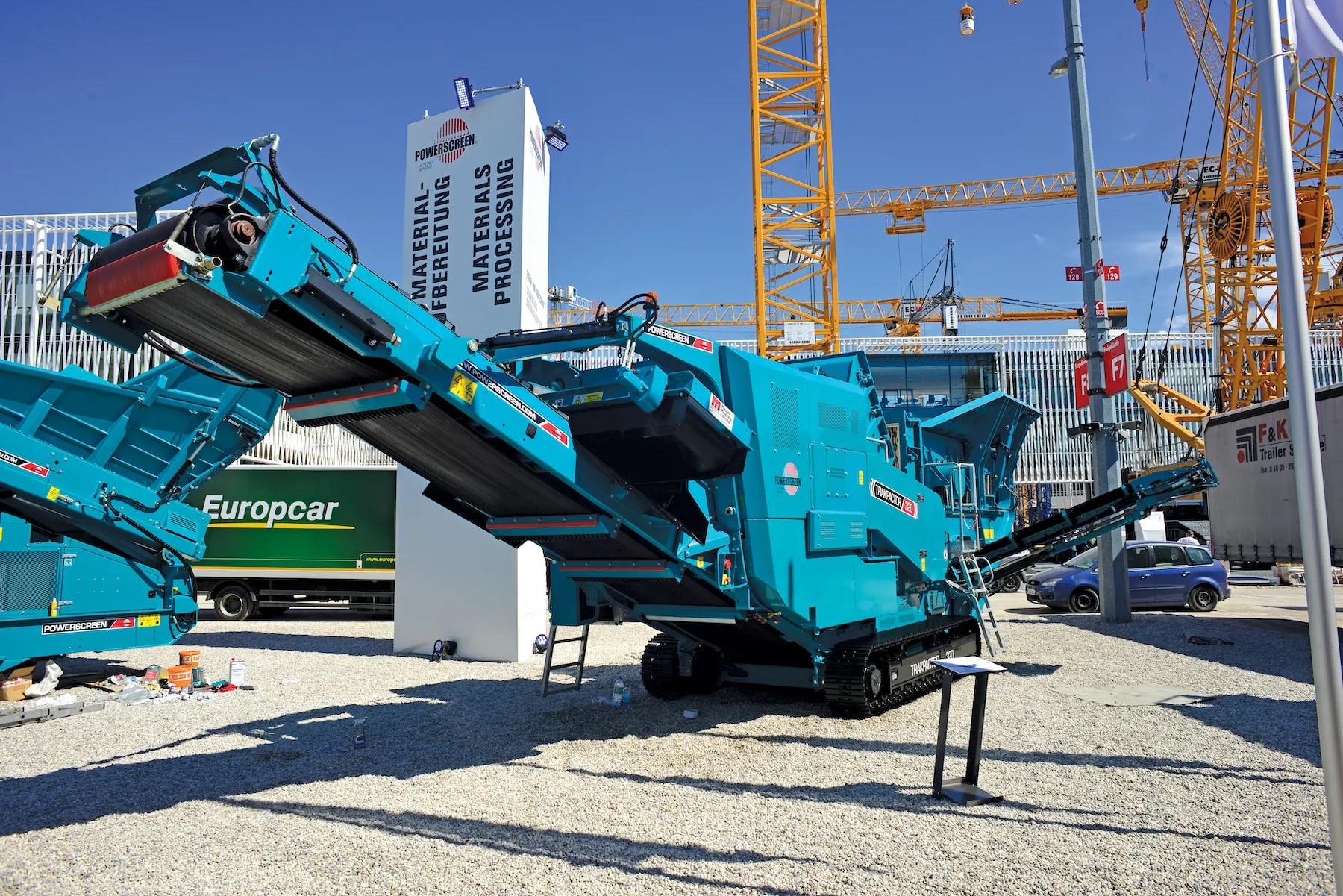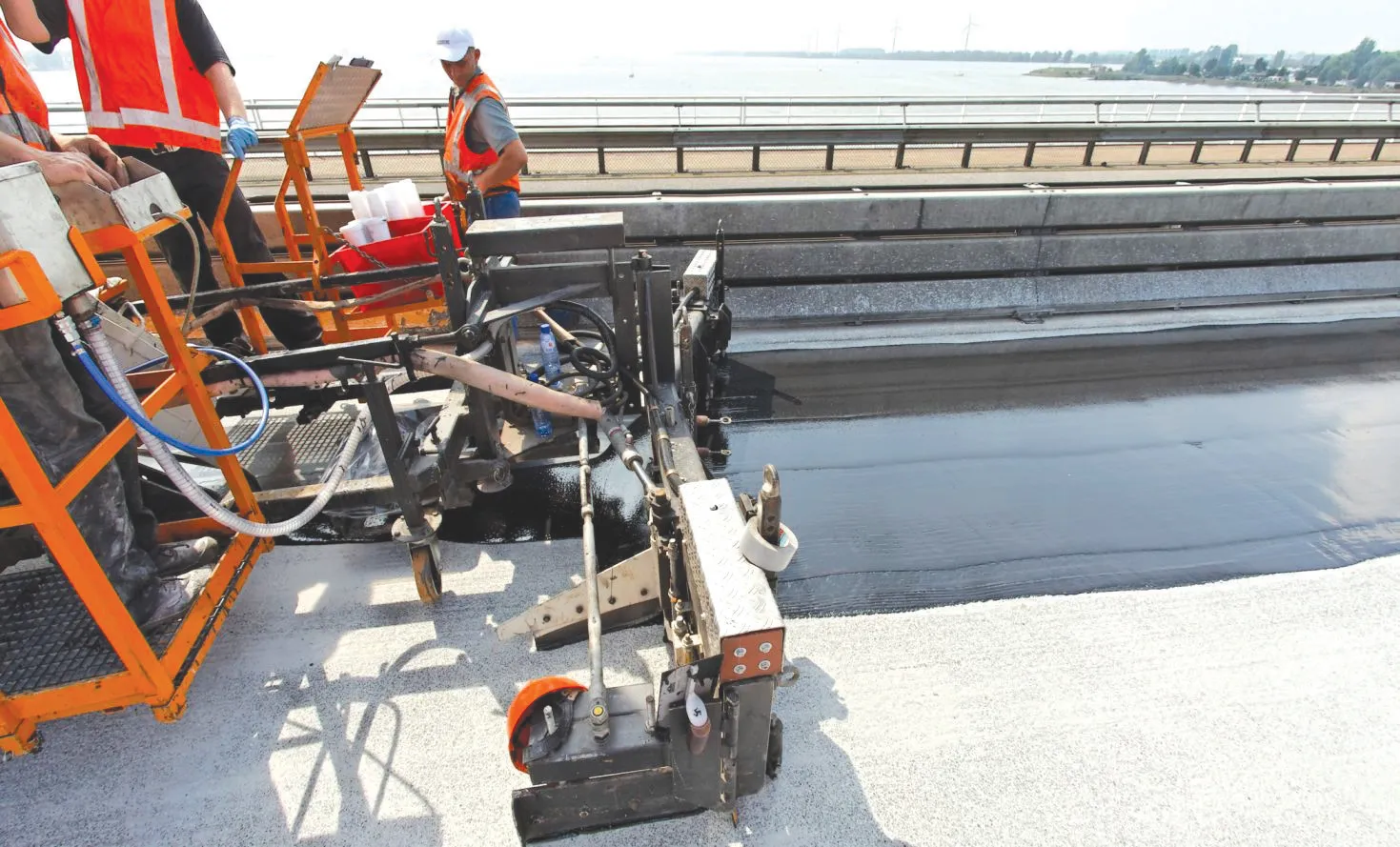Ennis-Flint, a manufacturer and supplier of road marking materials, has added Thermaline and Thermaline XF to the EF Series Preformed Thermoplastic (PFT) product line.
EF Series is made for streets, reinstatement road markings, car parks, cycle-ways and airport landside areas as well as car parks, shopping centres, schools, business parks and more, especially at intersections with heavy traffic where durability and proven performance is essential.
Benefits of the PFT range include no minimum road or ambient temperature requirements so the pavement marking season can be extended. Product is pre-cut and ready to use out of the box where there is no major capital investment needed in application equipment. There is a clean edge appearance, for example, no ‘alligator’ cracking that can occur with hot-applied thermoplastic.
Ennis-Flint adds Thermaline and Thermaline XF to the EF Series
Ennis-Flint, a manufacturer and supplier of road marking materials, has added Thermaline and Thermaline XF to the EF Series Preformed Thermoplastic (PFT) product line. EF Series is made for streets, reinstatement road markings, car parks, cycle-ways and airport landside areas as well as car parks, shopping centres, schools, business parks and more, especially at intersections with heavy traffic where durability and proven performance is essential.
May 10, 2016
Read time: 1 min









